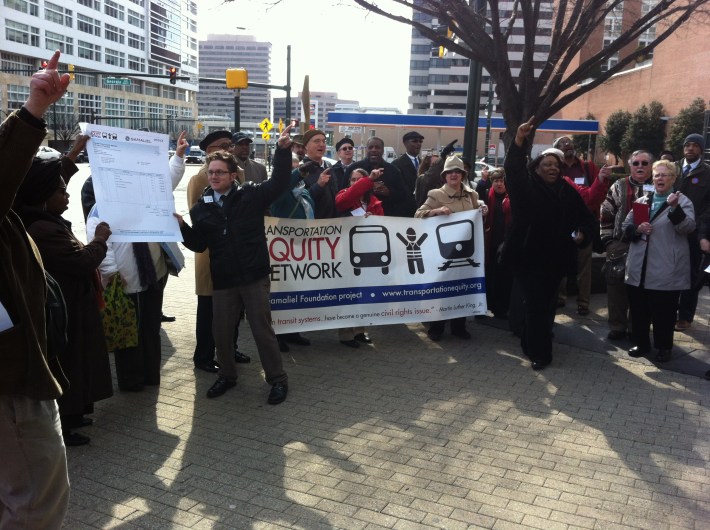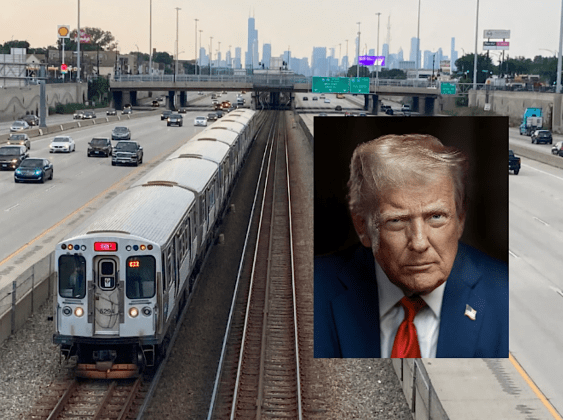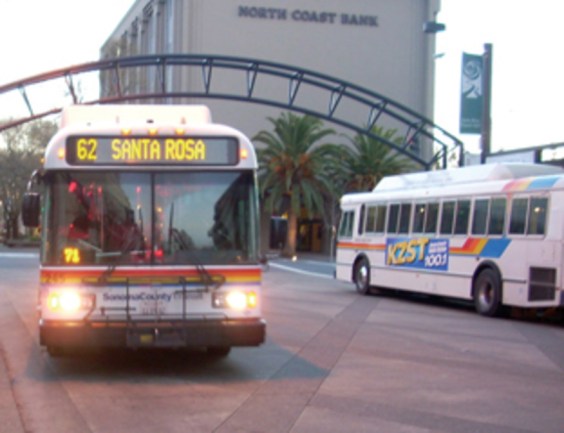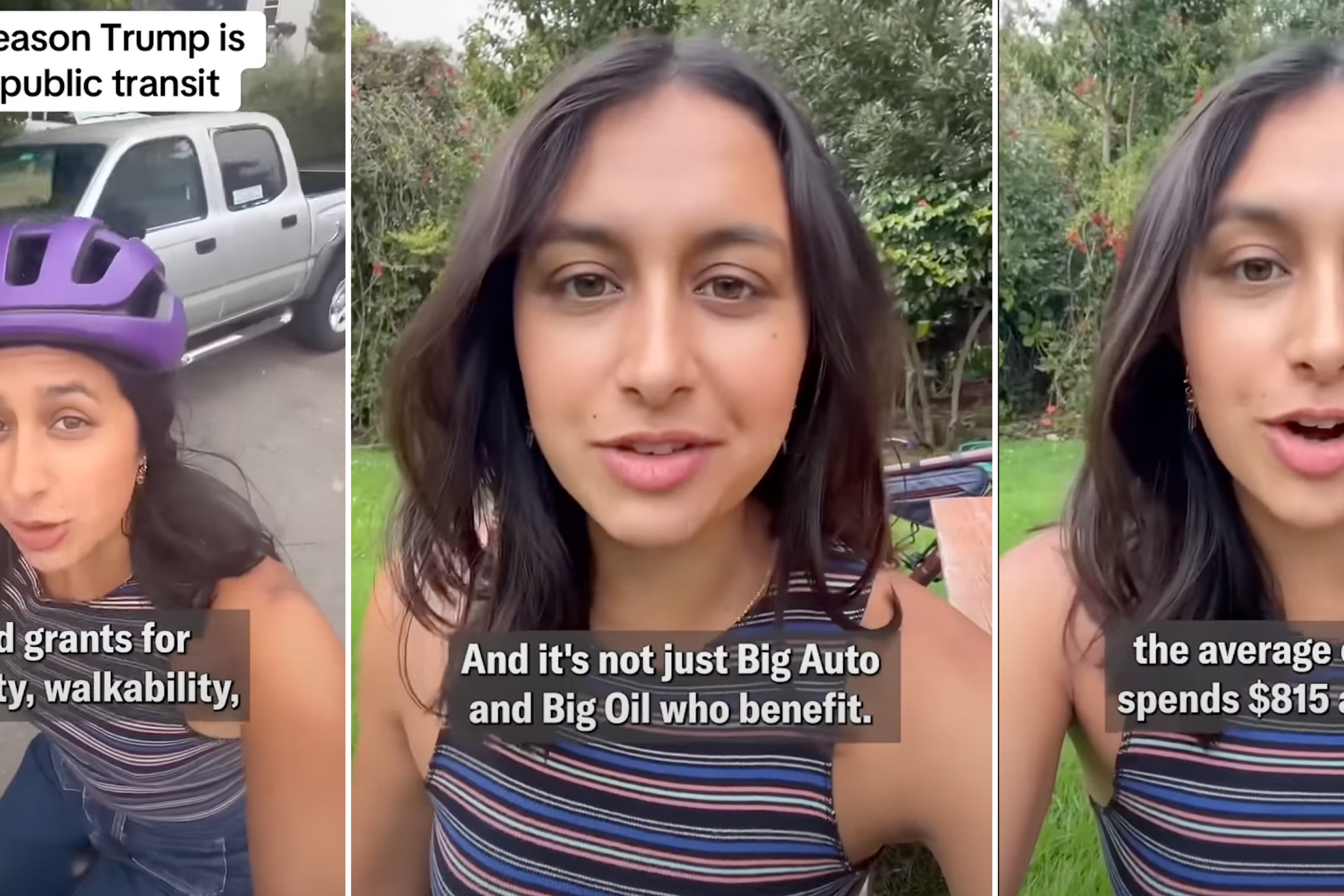The threat of service reductions and fare increases always loomed large over the transfer of Long Island Bus service to a private operator. After Nassau County refused to assume its share of costs for the service, international private transit provider Veolia Transport was brought on to take over from the New York MTA at the beginning of the year.

It wasn't long before the ax dropped. Two weeks ago, it was announced that the Nassau Inter-County Express (NICE bus) would see cutbacks to some 30 of its routes.
On Tuesday more than 100 protesters from around the country, representing transit and labor advocates as well as local religious leaders, staged a protest at Veolia's Silver Springs, Maryland offices. The French-based international transportation service provider operates transit in 150 cities, transit authorities, counties and airports in the U.S. and Canada. From Denver to Tucson, from Seattle to Dallas -- there's hardly a state where Veolia doesn't hold a contract.
Veolia has also played a role in shaping HR 7, the House transportation bill put forward by GOP leadership. Through the law firm Patton Boggs, Veolia lobbied for measures that would accelerate the transfer of transit service to private operators, according to Sam Finkelstein, a spokesperson for the Transportation Equity Network, which organized the protest. A provision of the bill would reward transit agencies that privatize a portion of their service by offering increased capital funding [PDF, pages 322 and 323]. Veolia did not respond to requests to confirm or deny that the company lobbied for that provision.
Protestors said Veolia's contracts are a bad deal for transit riders. "We're here to demand our money back," said protestor Irma Wallace of Springfield, Illinois. "These private companies siphon profits out of our public services and we're sick and tired of our municipal services being managed for private profit instead of public good."
On Long Island, Veolia says its management will bring efficiencies to the system. "I like to call it a reallocation of resources," Veolia's Michael Setzer told WABC New York. "We're taking all the money available from Nassau County and applying it much more smartly than it has been." But WABC was quick to point out that while Veolia had added a few express routes, the overwhelming majority of changes were service cuts.
Ryan Lynch at the Tri-State Transportation Campaign said a total of 60 percent of Long Island Bus routes will see some reductions. "From our perspective, 60 percent of the routes to see reductions is pretty significant," he said. "They're taking it down to sort of a skeleton system."
Lynch echoed the protestors' warnings about handing over transit operations to a for-profit entity. Veolia's Long Island contract requires the company to consult a public "transit advisory committee" if it intends to cut a route more than 25 percent. Veolia has remained true to the letter of the requirement but not its intent, Lynch said. "Most of the cuts have been 23.8 percent or 24 percent, so they are going around the process," he said.
Veolia was tasked with making up a $7.4 million shortfall in the Long Island Bus budget. But it's not clear whether all the cuts are related to the shortfall, because private operators are not subject to the same transparency requirements as public agencies.
"Are they cutting to make a profit or are they cutting to improve operations?" Lynch said.
As a result of the protest, TEN reports, Veolia Transportation CEO, Mark Josep, has agreed to meet with the protesters to hear their concerns.





